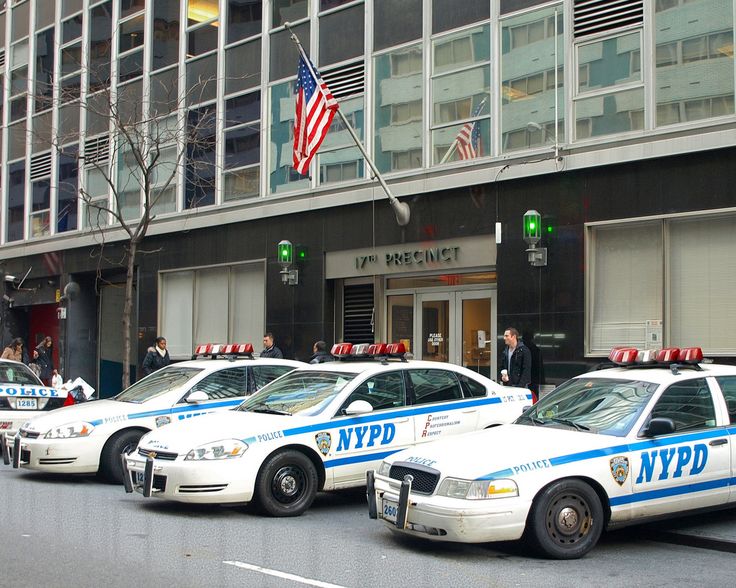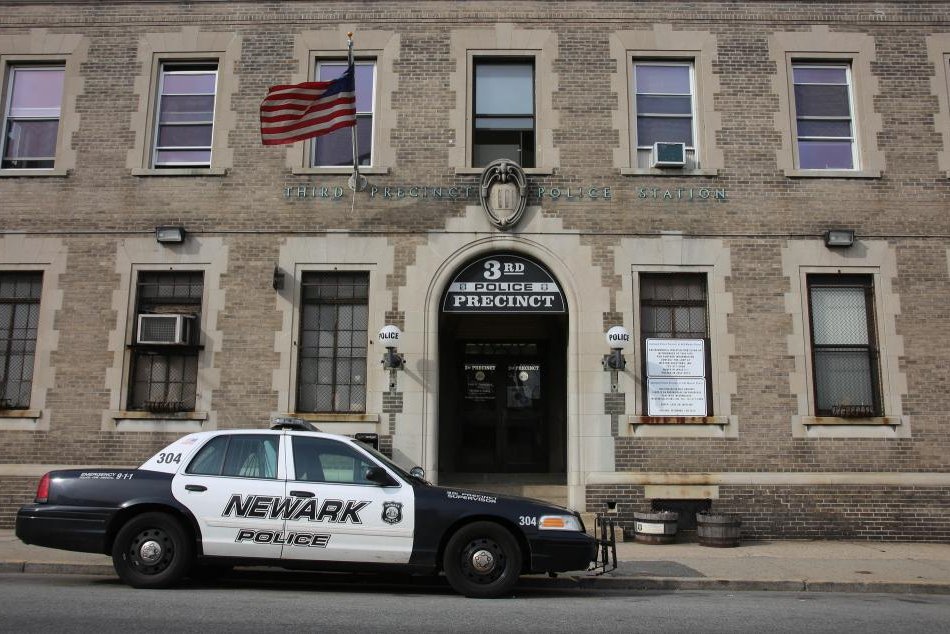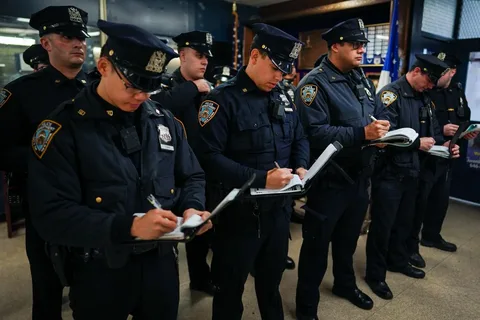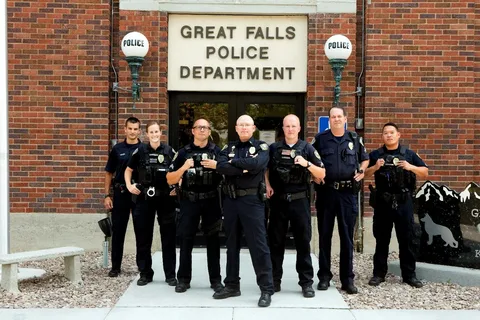The Ultimate Guide to Your Local Police Department
Outline
- What is a Police Department?
- Why Do We Have a Police Department?
- How Does a Police Department Work?
- How to Contact Your Local Police Department
- When Should You Contact the Police Department?
- What Happens After You Contact the Police Department?
- FAQs About Police Departments
What is a Police Department?
An police force is among the most important elements of community security. They’re the people you can call when something goes wrong, be it an incident of crime, or an incident that’s suspicious or if you need a little help on the laws.
What exactly is it?
It’s a local government organization which provides police services. They have officers that patrol neighbourhoods as well as respond to emergencies and investigate crime.
They’re responsible for ensuring that things are running smoothly, ensuring citizens, and keeping the law within a particular region, be it an entire city, town or just one part of the city.
If you spot a police officer in the course of patrolling in response to incidents, you’ll witness the action the community’s police in motion.

Why Do We Have a Police Department?
It’s true that the first thing that people think of whenever they hear “police” is the sirens or the handcuffs the person being detained. However, the job of the police force is much more extensive than what you think of when you hear the word.
They carry out all sorts of things to ensure our communities safe and organized:
- Prevent crime: The mere presence of police officers can deter crime.
- Respond to emergencies: Whether it’s a car crash, break-in or even a fire, they’re the first to respond.
- Investigate Crimes When a crime occurs that warrants investigation by the police department, the department investigates collects evidence, investigates, and detains suspects.
- Community Outreach Numerous police agencies offer programs to strengthen relationships with the local community such as neighbourhood watch as well as youth-focused outreach.
- Traffic Control Have you ever seen a police officer in charge of traffic? That’s their duties too.
How Does a Police Department Work?
The police force is much more than a collection of officers wearing badges. They are comprised of various categories and roles to ensure that the department is running smoothly.
Here’s a quick look:
1. Officers and Patrols
- The patrol officers are out in the communities working hard to ensure that everything is safe.
- They respond to requests and maintain order and are engaged with the community.
2. Investigations
- Detectives are in charge of investigations involving more serious crimes like robberies and murders.
- They collect evidence, interview witnesses and collaborate alongside forensic teams to resolve cases.
3. Dispatch and Communications
- This is where all emergencies call in.
- If you dial (999 in some countries) (or 911 in certain countries) the dispatcher directs calls to the appropriate team and coordinates the responses.
4. Administration
- Behind the behind the scenes, there’s plenty of administrative tasks. From recording through processing the arrests process, an administration team ensures that everything is running smoothly.
How to Contact Your Local Police Department
At time, you may have to call the the police. Here’s how to get it done without the anxiety:
1. Call the Non-Emergency Number
There are situations that do not require an immediate action. For situations that are less urgent your police department may have an Non-emergency Number.
- For minor offenses (e.g. vandalism, vandalism or theft, etc.))
- Reporting lost property
- Disputes or complaints about noise
2. Visit the Police Station
Sometimes, you’ll have to speak to an officer in person. You can go to the police station in your area, which has staff available to help you.
- Get information
- File reports
- For local crime statistics, ask about or community program.
3. Use the Police Department Website
A lot of department of police are now online with portals. They have a website to:
- Reporting crimes
- Fines to pay
- Verifying the status of an investigation
4. Use Social Media
Certain departmental police are on social media platforms. They share updates, warnings on crime, and occasionally even respond to queries by direct message.
When Should You Contact the Police Department?
It is important to know when you should call to your nearby police force. Here’s a quick guide:

Call the Police for These Situations:
- Emergency: Call 911 or the emergency number within your region.
- Crimes in progress If you are witness to an incident of crime (e.g. the robbery, assault) make sure you contact authorities immediately.
- Situations that could be dangerous: If you feel at risk or feel unsafe do not hesitate to call the police.
- Accidents involving vehicles: If there’s property injury or damage police should be notified.
Non-Emergency Situations:
- Activity that is suspicious: Something doesn’t seem normal, but it’s certainly not a threat immediately. Make a call to the non-emergency phone number.
- minor accidents If there’s not an injuries and the damage is minimal.
- Items or property that are lost: If your wallet or phone is stolen be sure to report it to the neighbourhood police station.
What Happens After You Contact the Police Department?
When you’ve made contact with you neighbourhood police station Here’s what usually occurs:
- assessment: The dispatcher or officer will evaluate the situation. If the situation is urgent then they’ll dispatch an officer right away.
- Answer: An officer will arrive at your address or call you to follow-up.
- Investigation (if required): For more grave situations the police may initiate an investigation. It could involve gathering evidence, interrogating witnesses, and even making arrests.
- Resolution Based on circumstance, the police might provide solutions, end the case or hand the case to a different department (like an investigation team).
FAQs About Police Departments
What is a police force supposed to do in the community?
The police force is in place to maintain the peace as well as enforce the law. They also combat crime, and assist in emergencies. They’re an essential element in ensuring that everyone feels secure.
Do I need to contact the police department to report the filing of a noise complaint?
If you have other noise-related complaints that aren’t urgent, like party or music that is loud, it is possible to call the neighbourhood police station. They’ll take care of it or direct you to appropriate service.
How can you report an incident without being identified?
A lot of department of police permit the anonymous reporting of crimes. Ask your local police department to see if they have an anonymous tip line or an online reporting system.
What do I do if detained by police?
Be calm, courteous and follow the police instructions of the officer. If you aren’t sure about something you don’t understand, don’t hesitate to inquire for clarification.

Conclusion
An police force is an essential component of protecting our communities. From patrolling the streets, to investigating crimes, they’re always in the background to ensure that we live in peace.
With an idea of their work and how you can contact them, don’t be afraid to get in touch if you require assistance. If it’s an emergency, or a simple query or concern, your police department in your area can be reached.
This article is designed to be engaging and informative, covering all aspects of police departments while following SEO guidelines and making the content readable for a wide audience.

Leave a Reply